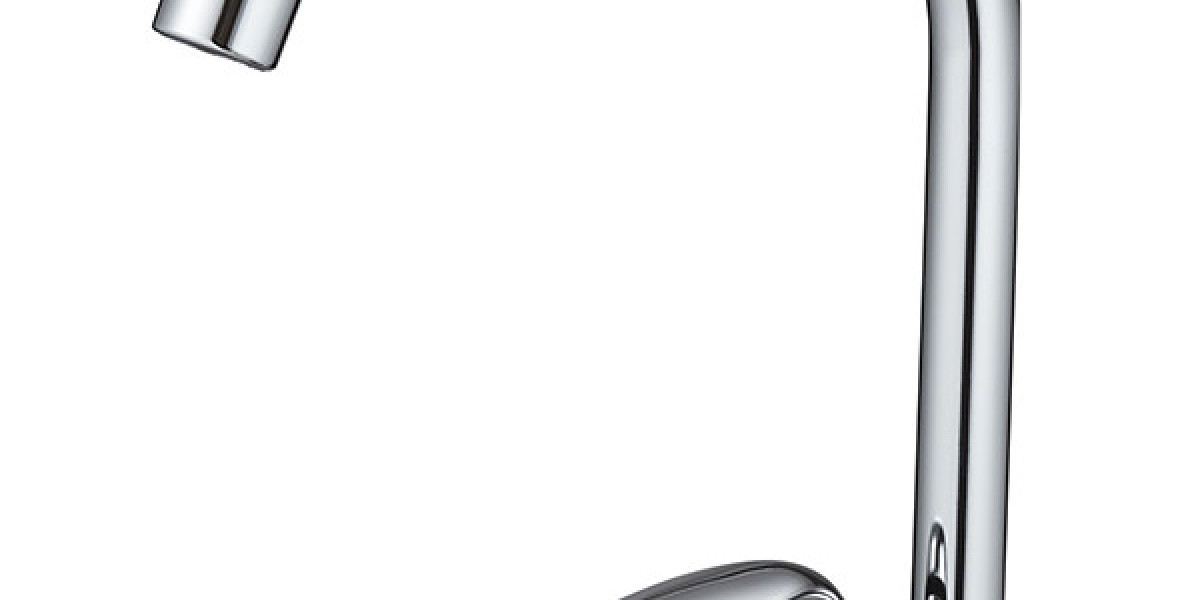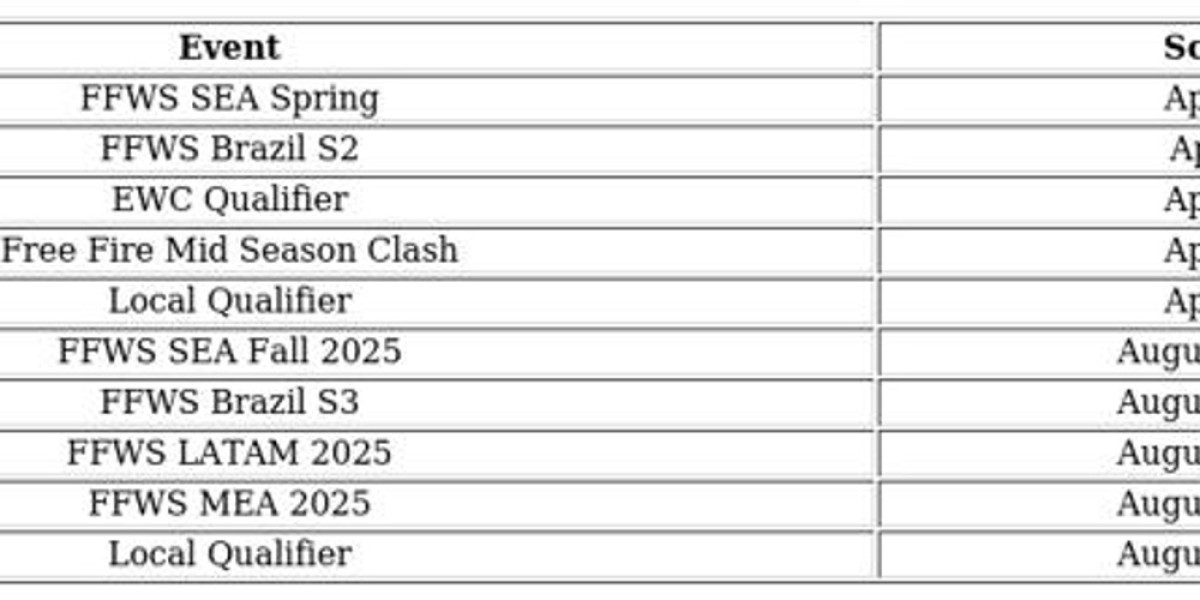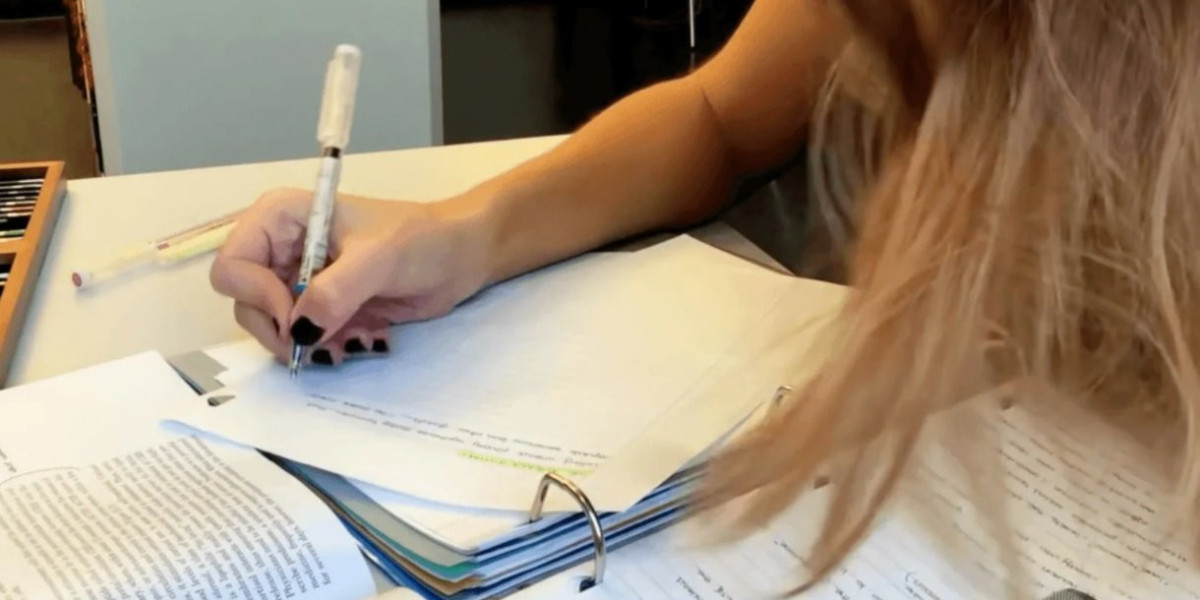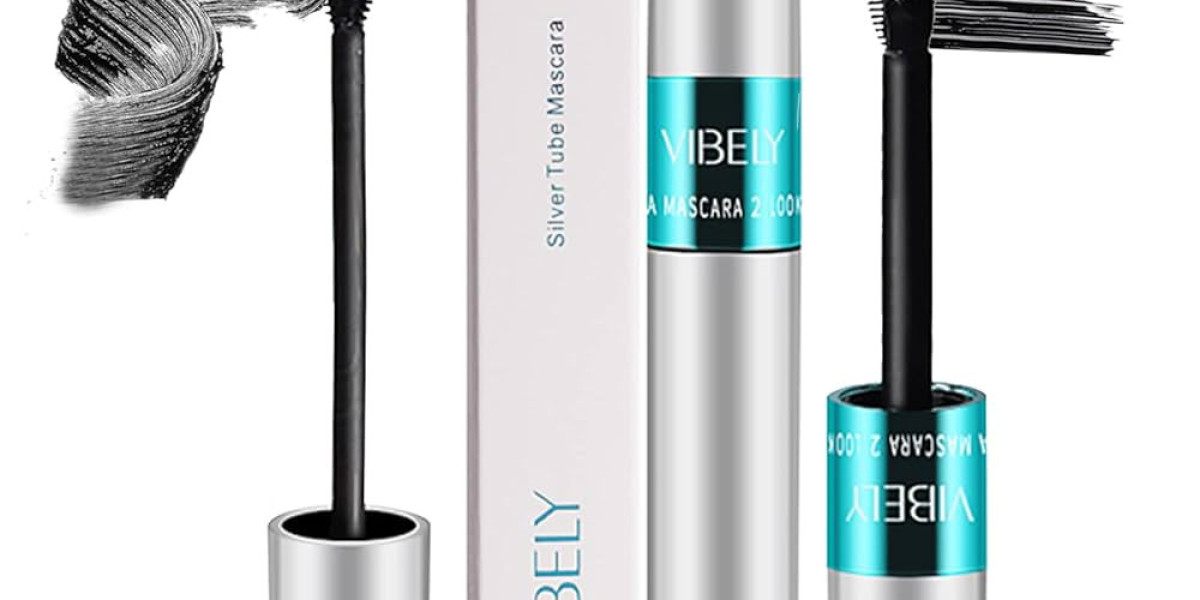Proper maintenance keeps your kitchen mixer performing reliably for years, whether you use it weekly for family meals or daily for serious baking. Understanding routine care and basic troubleshooting helps address minor issues before they become major problems. These guidelines apply to both stand and handheld kitchen mixers, though specific details may vary by model.
Regular cleaning forms the foundation of kitchen mixer maintenance. After each use, unplug the appliance and remove all attachments. Wash removable parts according to manufacturer instructions - most modern kitchen mixer bowls and attachments are dishwasher safe, though hand washing preserves finishes longer. Wipe the motor housing with a damp cloth, being careful not to let moisture enter ventilation openings or electrical components.
For stubborn dough or batter residue on kitchen mixer attachments, soak them in warm soapy water before scrubbing. A soft brush helps remove dried-on food from beater blades and dough hook crevices. Avoid using abrasive cleaners or steel wool that could scratch surfaces. For stainless steel bowls, occasional polishing maintains shine and prevents discoloration.
Lubrication keeps mechanical parts operating smoothly in stand kitchen mixers. Consult your manual for specific guidance, but many models benefit from occasional gear lubrication with food-grade grease. Typically, this involves applying a small amount of grease to the planetary gear (under the attachment hub) every 6-12 months with heavy use. Over-lubrication can attract dust and cause messes, so use grease sparingly.
Storage practices affect kitchen mixer longevity. When not in use, store your mixer in a clean, dry location. If counter space allows, keeping the mixer assembled but covered protects it from dust while remaining accessible. For tucked-away storage, ensure all attachments fit securely in designated holders to prevent loss or damage. Cord management prevents tripping hazards and protects the power cord from damage.
Common kitchen mixer issues often have simple solutions. If your mixer stops working suddenly, first check that it's properly plugged in and the outlet functions. Many modern kitchen mixers have thermal protection that shuts off the motor if it overheats - allow it to cool for 30 minutes before restarting. Unusual noises may indicate a loose attachment or foreign object in the mechanism.
With proper care and timely maintenance, quality kitchen mixers can provide decades of reliable service. The investment in a good mixer pays dividends over time through countless perfectly mixed batters, kneaded doughs, and whipped creams. Treat your kitchen mixer as the valuable kitchen workhorse it is, and it will continue to serve your culinary adventures for years to come.








